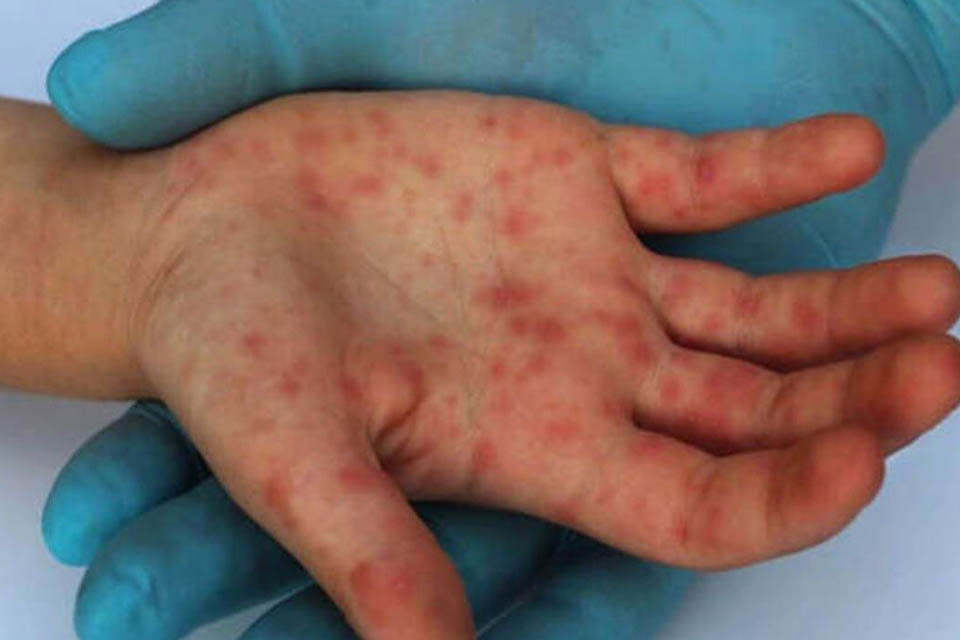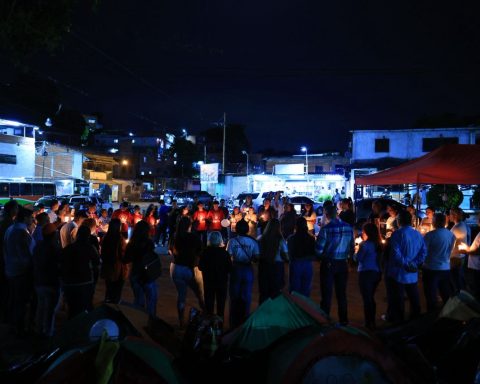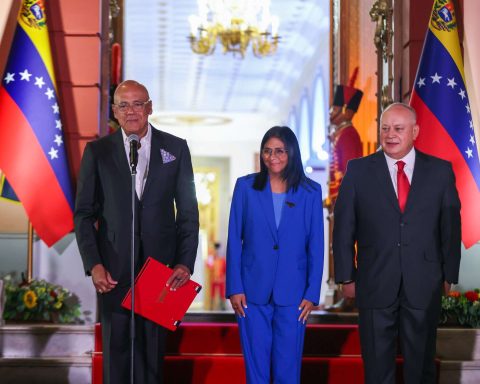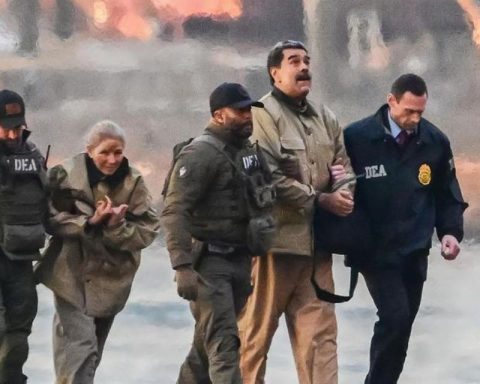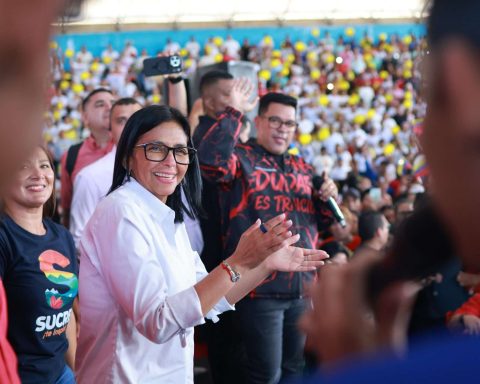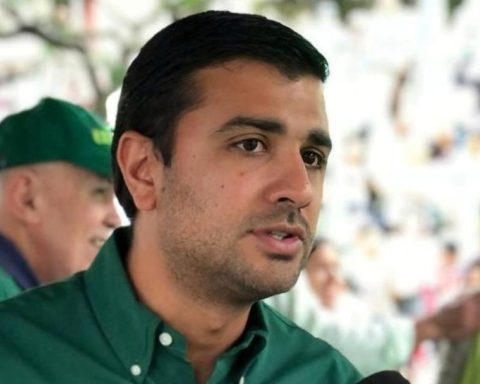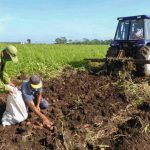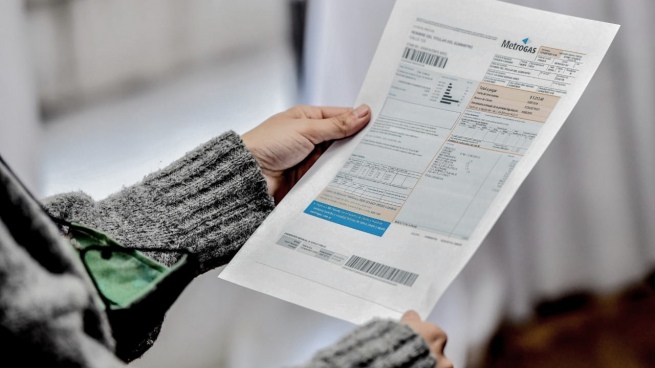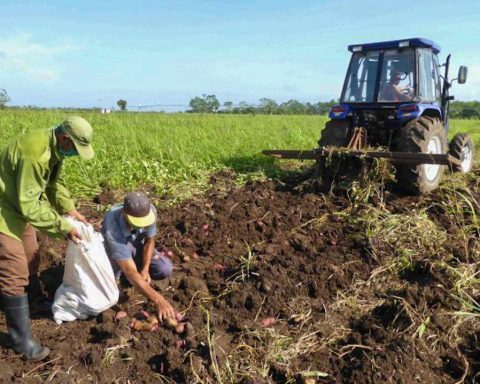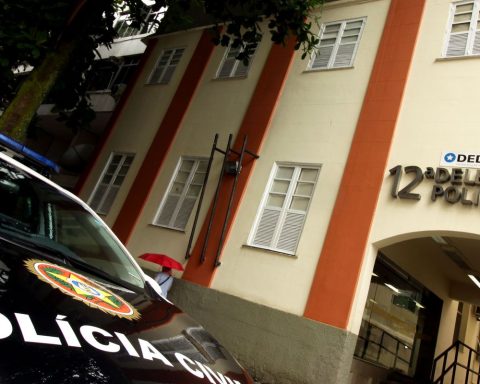The WHO assessment is that the risk of monkeypox is moderate globally and in all regions except the European region, where they assess the risk as high.
On the morning of this Saturday, July 23, the director of the World Health Organization (WHO), tedros ahanomdeclared that the monkeypox outbreak constitutes a public health emergency of international concern.
Currently, the international organization has a record of more than 16,000 cases of monkeypox reported in 75 countries around the world since the beginning of May 2022.
“The WHO assessment is that the risk of monkeypox is moderate globally and in all regions except the European region, where we assess the risk as high,” said Dr Tedros, adding that “there is also a clear risk of further international spread, although the risk of interference with international traffic remains low for the time being.”
The announcement was made during a virtual press conference on the report of the second meeting of the International Health Regulations (IHR) Emergency Committee on the monkeypox outbreak in several countries.
? The WHO Director-General declared today that the outbreak of #Geekpox constitutes a public health emergency of international importance.
ℹ️ For more information, visit: https://t.co/FR7YG8PeEc#MonkeyPox pic.twitter.com/2owJSANAp2
— PAHO/WHO (@opsoms) July 23, 2022
Under the International Health Regulations, Adhanom said he must take into account five elements to decide whether an outbreak constitutes a public health emergency of international concern.
- The information provided by the countries, which in this case shows that this virus has spread rapidly to many countries that have not seen it before.
- All three criteria for declaring a public health emergency of international concern, which have been met.
- The advice of the Emergency Committee, which has not reached a consensus.
- Scientific principles, evidence and other relevant information, which are currently insufficient and leave us with many unknowns.
- The risk to human health, international spread, and the potential for interference with international traffic.
The WHO assessment is that the risk of monkeypox is moderate globally and in all regions except the European region, where they assess the risk as high.
There is also a clear risk of further international spread, although the risk of interference with international traffic remains low for now.
So, in short, “we have an outbreak that has spread rapidly around the world, through new modes of transmission, about which we understand very little, and which meets the criteria of the International Health Regulations.”
For all these reasons, “I have decided that the global outbreak of monkeypox represents a public health emergency of international concern.”
Consequently, it formulated a series of recommendations for four groups of countries:
First, those who have not yet reported a case of monkeypox, or have not reported a case for more than 21 days; andSecond, those with recently imported cases of monkeypox who are experiencing human-to-human transmission.
This includes recommendations to implement a coordinated response to stop transmission and protect vulnerable groups:
- Engage and protect affected communities.
- Intensify surveillance and public health measures.
- Strengthen clinical management and infection prevention and control in hospitals and clinics.
- Accelerate research on the use of vaccines, therapeutics and other tools.
- Recommendations on international travel.
The third group of countries are those with transmission of monkeypox between animals and humans; Y the fourth are countries with manufacturing capacity for diagnostics, vaccines and therapeutics.
“Although I am declaring a public health emergency of international concern, at the moment this is an outbreak that is concentrated among men who have sex with men, especially those with multiple sexual partners,” said the WHO director, who explained that under this criteria, this would be an outbreak that can be stopped with the right strategies in the right groups.
Therefore, it considers that “it is essential that all countries work closely with the communities of men who have sex with men, to design and provide effective information and services, and to adopt measures that protect the health, human rights and the dignity of the affected communities.”
He warned that “stigma and discrimination can be as dangerous as any virus.”
In addition to recommendations to countries, he also called on civil society organizations, including those with experience in working with people living with HIV, to work hand in hand with the WHO in the fight against stigma. and discrimination.
Post Views:
671
